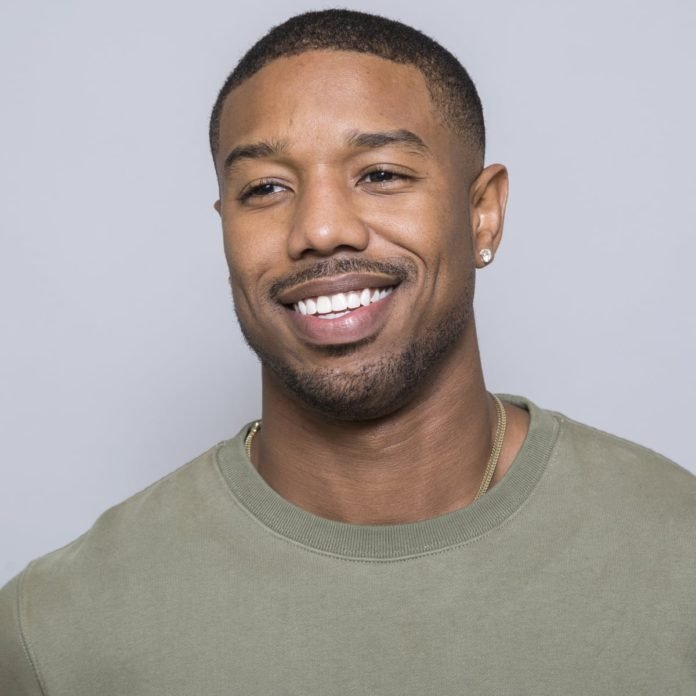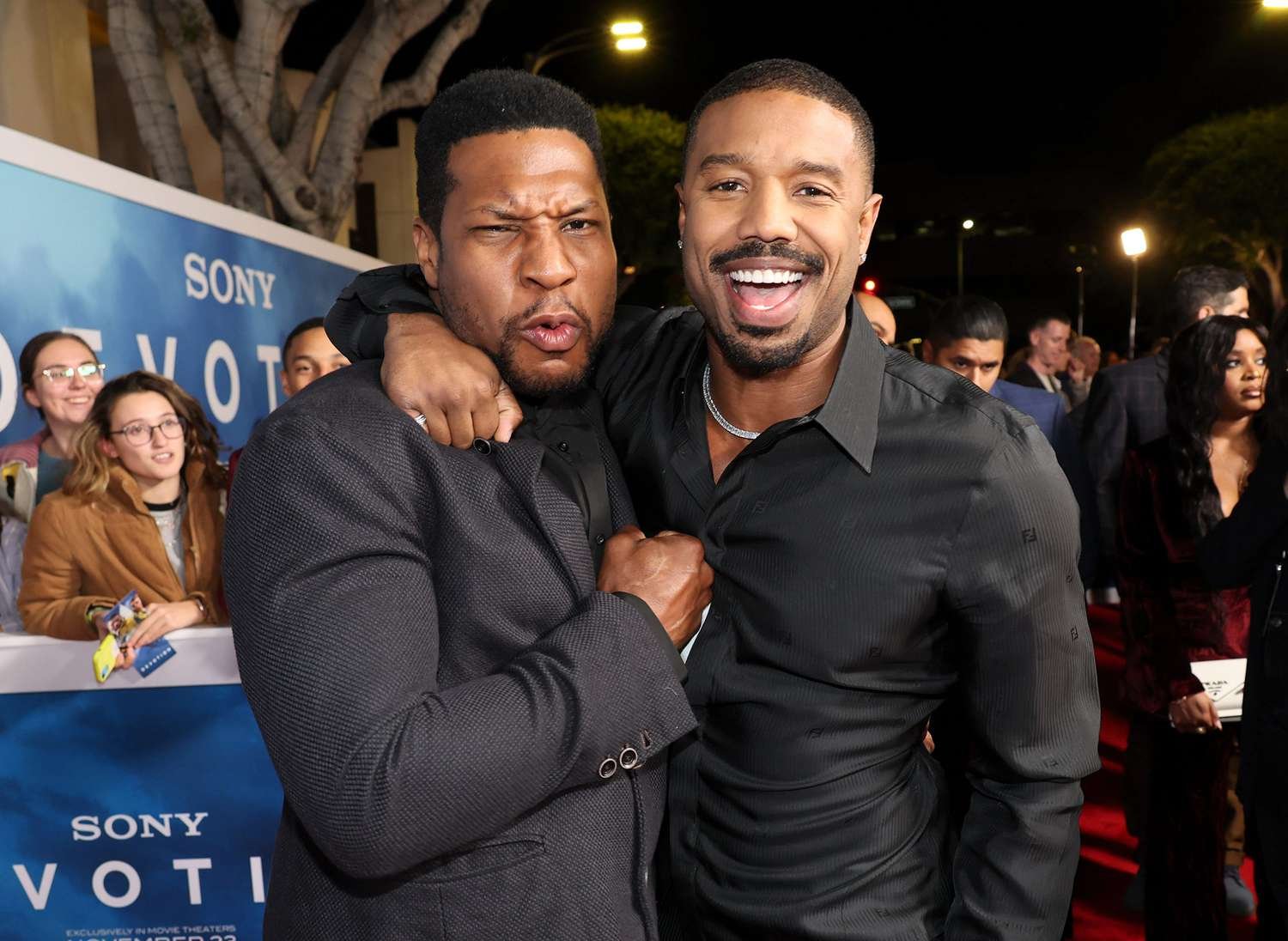Trust: A Virtue Essential for Leadership
I’m not a boxing fan and I seldom feel compelled to watch any fights or films centered on the sport. When I heard Michael B. Jordan talking about making Creed III, my interest was piqued. Greg and I decided to go see it. The film has garnered several firsts—the highest grossing sports-related film in its opening weekend at $58 million nationally; over a $100 million globally; and the first sports film filmed with Imax cameras.
Michael B. Jordan and Jonathan Majors excelled in their roles as adversarial boxers. The intensity of their boxing scenes was staggering, with camera shots so close you felt like you were in the ring. Outside of the ring, their relationship was fraught with past hurts and unresolved pain.
As a first-time director, Jordan felt that his success was predicated on building rapport with his actors—particularly with his co-star Jonathan Majors, who he pursued for the role. In a recent New York Times interview, Jordan talked about his philosophy of connecting with Majors: “My biggest thing was just gaining his trust.” With a foundation of trust, Jordan felt that both he and Majors would be able to connect authentically and bring an excitement to their roles which would translate to the screen. Jordan was intentional about Majors knowing that he would “glorify” him and “give him the space and room” to do his thing. What is so powerful about Jordan’s perspective is that in an industry, like so many others, where there is supposedly only room for one “leading” man, his concern was how he could help another actor shine. Jordan and Majors have formed a bond that is very apparent in how they speak about each other, their body language, and the desire to keep on doing great work together.
Contrary to what most people believe, trust is not some soft, illusive quality that you either have or you don’t; rather, trust is a pragmatic, tangible, actionable asset that you can create.
—Stephen M.R. Covey
Building trust requires individuals to make themselves vulnerable to one another and be confident that their respective vulnerabilities will not be used against them. An organization that Greg and I recently worked with to address issues of silo mentality and confusion were seeking ways to overcome these challenges. Their lack of trust manifested as information hoarding and an absence of mutual support. The aspiration to become more trustworthy was an emerging, desired value that became clearly evident and necessary for them to make a cultural shift.
An organizational coaching company I work with as a consultant makes building trust an essential element of team and cross functional relationships. Tools are used to spark the exchanges that develop the kind of rapport and understanding that can take years. The results can be remarkable when the motivation is sincere.
Feelings of security, confidence, and respect are the steppingstones to trustworthy relationships. Without trust, relationships suffer, and the workplace becomes one of dysfunction. Building the experience of trust requires intentionality, openness, and honesty. The magic in our relationships is when we can step into a space where we don’t feel the need to be defensive and in a constant state of self-protection. This is when expressing who we are is valued and treasured for all that we bring.


